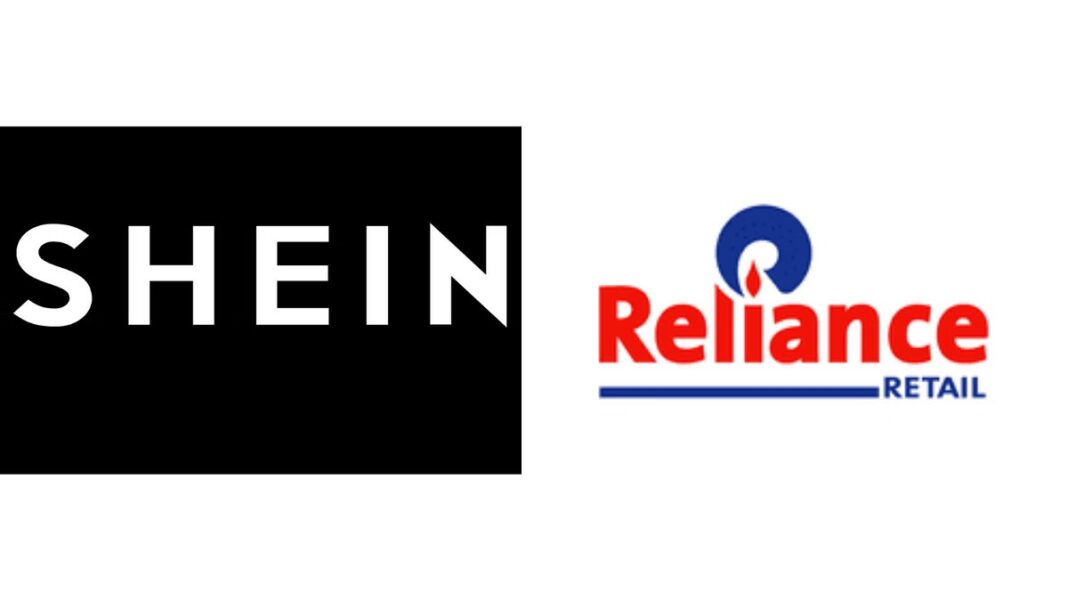A new inexpensive brand is making a comeback in India. Reliance Industries, through its retail subsidiary Reliance Retail Ventures, plans to revive the popular Chinese fast-fashion brand Shein in India. This agreement promises to benefit both firms and Indian consumers. Let’s get into the details.
Reliance and Shein: A Strategic Partnership
India is not new to Shein. The company, founded in 2008, entered the Indian market in 2017. However, Shein, along with over 50 other Chinese apps, was banned by the Indian government in June 2020 due to escalating border tensions with China. Now, Shein plans to re-enter India through a production and licensing deal with Reliance Retail. Interestingly, Shein has changed its headquarters from China to Singapore, which may help India not consider it a Chinese entity anymore.
The Right Timing for a Comeback
The timing for Shein’s re-entry is perfect. India’s middle class is growing rapidly, and their spending power is driving the Indian apparel retail market to an expected $105 billion by 2024. By 2027, Forbes projects that Indians will purchase 38.8 billion pieces of clothing annually, with 99% being non-luxury items. This shows a huge market potential for Shein and Reliance.
Details of the Deal
Shein’s items will be available on Reliance Retail’s app and in real stores as a result of their relationship. Reliance Retail will hold 100% of the firm that manages operations. Shein will not invest equity, but will collect a license fee as a percentage of profits made in India. Reliance is also opening boutique stores in certain European cities to keep up with Western fast fashion trends and quickly bring them to the Indian market.
Boosting India’s Export Capabilities
This partnership will enhance India’s export capabilities and empower local businesses to thrive internationally. Shein will make India a vital supply base for its global operations, greatly increasing the country’s textile and garment exports. Additionally, Shein will lend its technology and expertise to Reliance Retail, helping integrate over 25,000 micro, small, and medium enterprises (MSMEs) into a cutting-edge global supply chain based in India.
Hybrid Model for Diverse Shopping Preferences
Reliance Industries has transformed its online-only brand into a hybrid model. As it is accessible through both the Reliance Retail app and physical stores. This move aligns with India’s diverse shopping preferences and enhances accessibility for consumers across platforms.
How India Shops
Despite widespread access to smartphones and the internet, many Indians prefer shopping in stores. A survey by Localcircles revealed that only 4% of Indians shop exclusively online, while 47% prefer shopping in stores for the “touch, feel, and try” experience. About 40% enjoy a mix of both. Key drivers for online purchases include attractive discounts and ease of returns.
With both an online and offline presence, Shein may be well-equipped to cater to Indian consumers. India’s fast fashion industry grew by around 30% during the 12 months ended March. This is five times faster than the broader fashion segment, according to Redseer. Sales and volumes are rising. Top global apparel brands like Zara, Uniqlo, and Levi’s have seen sales grow by 40–60% from FY22 to FY23. Thus highlighting the growing demand for fashion products in India. Reliance can capitalise on this demand through its partnership with Shein.
Shein’s Challenge: Recapturing the Indian Market
While Shein was a public favorite previously, much has changed in the past few years. With the rising popularity of various fast-fashion brands like Zudio, Snitch, Max Fashion, Pantaloons, Zara, and Bewakoof, it remains to be seen whether Shein can recapture the attention of the Indian youth. In order to regain its position in the fast-fashion market. However, the strategic business partnership with Reliance, combined with India’s growing fashion industry, gives Shein a promising chance for a successful comeback.





